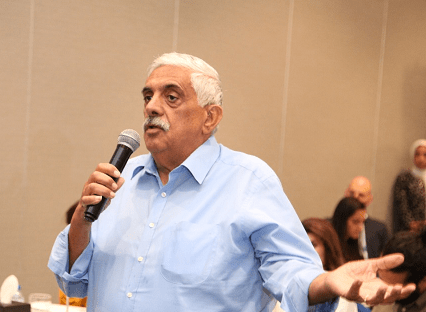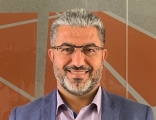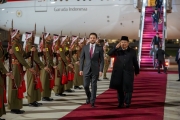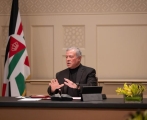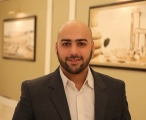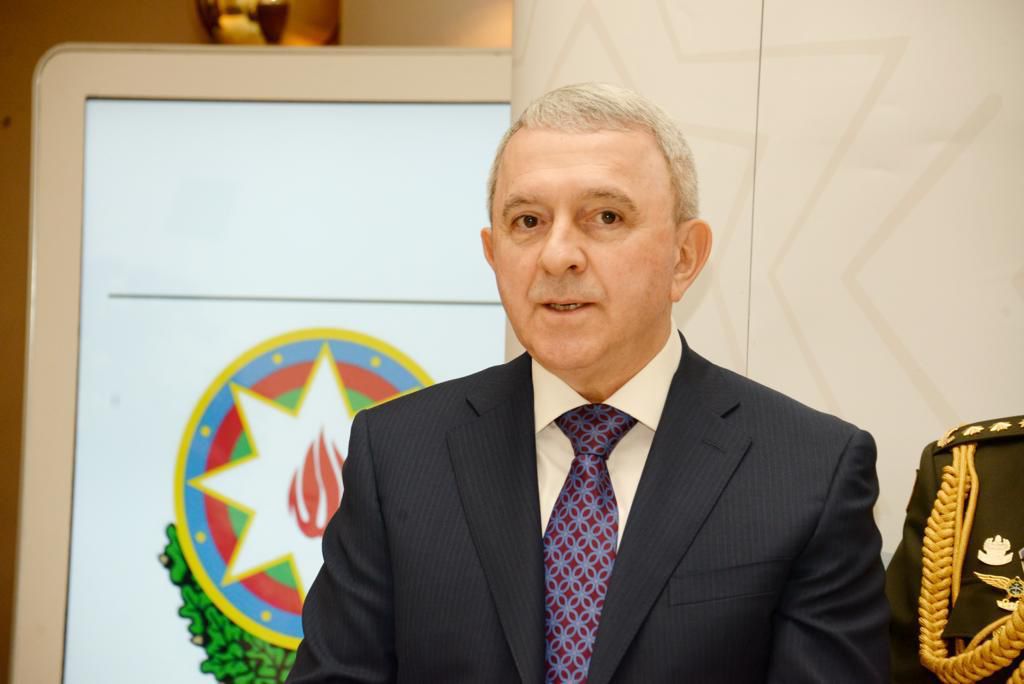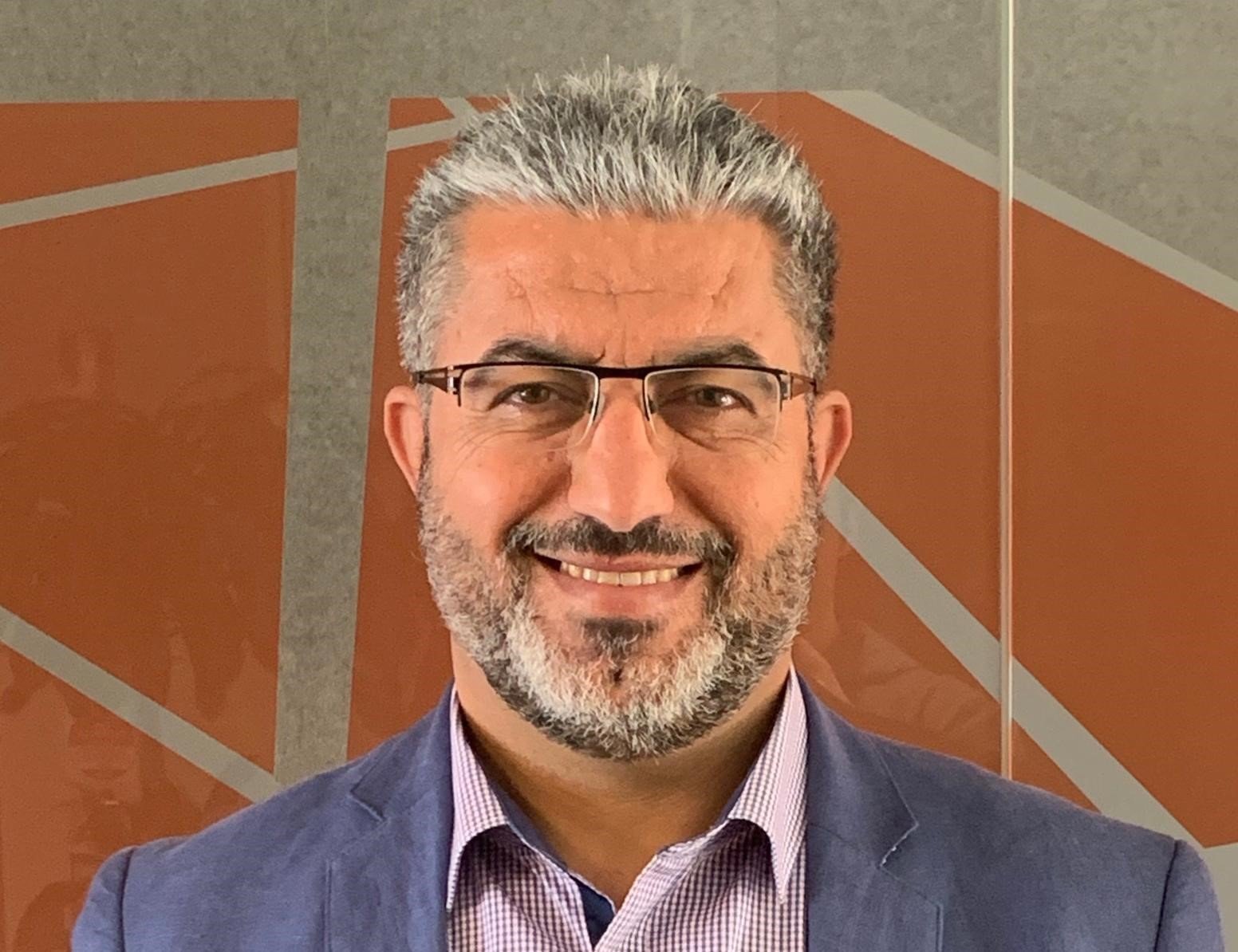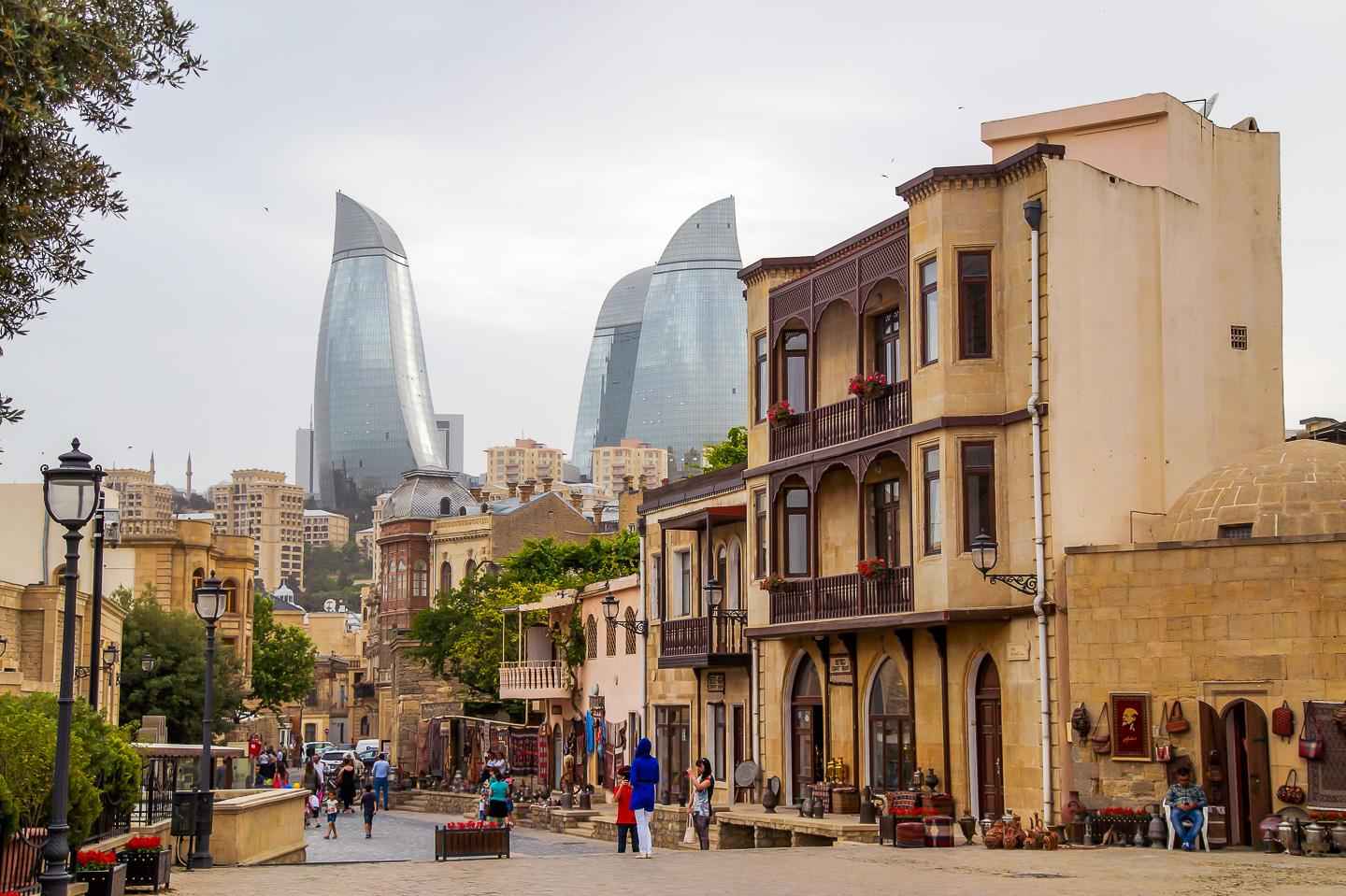By : Daoud Kuttab
Jordan Daily - International donors spend billions of dollars in aid to developing countries. This aid is used for basic services such as education, water usage, health, and supporting democracy and human rights. In addition to direct support to action in these areas a percentage of these budgets goes to what is commonly referred to as “raising awareness.”
The concept is correct that many of the problems facing developing countries are based on mistaken and hurtful habits whether it is exaggerated use of cigarettes, the absence of water conservation and hygiene or lack of knowledge of family planning and other reproductive rights as well as gender equality and promotion of democracy and human rights.
To understand the size of the money and the type of usage of it's helpful to look at how major donors like the US, EU, and Germany spend in Jordan. According to official US government records “The U.S. Government has provided Jordan with more than $17.3 billion in foreign aid since 1946.” The US government has committed to spend $1.4 billion annually on Jordan until 2029. This amount includes security support and direct funding to the government, but a good proportion is spent by USAID on various developmental and humanitarian issues.
For its part the European Commission- the funding arm of the EU- allocated 902 million Euros for Jordan in 2023 alone. Germany, the third largest donor, signed a 619 million Euro agreement in support of Jordan.
USAID funds directly support reduction in infant mortality, equitable access to education for Jordanian and refugee students, increase the availability of drinking water, and improved sanitation for millions of Jordanians.
The EU funds support entrepreneurship, private sector development, transparency, water security, and educational development. The German funding goes to water, sanitation, public sector modernization, vocational training, technical education, private sector development, and the implementation of economic reforms.
Going through the development literature, press releases, and public comments it is clear that part of these large funds aim at changing behaviors that help people in Jordan live healthier lives, preserve water, and encourage gender equality and good governance.
Among other issues, the European Commission, for example, regularly talks about “awareness Programs of the public sector, the private sector and civil society organizations in the values of integrity, and ethics, and transparency principles and the risks of corrupt acts.”
Germany talks about supporting water conservation, dealing with solid water, and improving recycling.
In all the donor literature the term awareness raising is prevalent.
These awareness-raising efforts can be easily seen on street signs, on buses, as well as on major TV, radio, and newspapers.
Almost all campaigns include the logos of the donor countries. Big advertising companies and major media outlets make millions of dollars/euros from those campaigns.
Donors are aware that almost all the Jordanian media outlets that carry their logs, and the campaign that they fund, are either directly or indirectly state-owned. So, while the government owns Jordan Radio and TV as well as the Mamlaka News satellite stations, it indirectly owns Al Rai and Ad Dustour dailies by having majority or decisive control through the Social Security Corporation, a government agency.
Furthermore, the leading radio stations Hala, Amen, and Hawa Amman, are owned successively by the Army, the police, and the City of Amman whose mayor is appointed by the government. Even owners of some private media are businesspersons closely aligned with governments largely for business and bureaucratic ease reasons.
This means that huge amounts of funds from American and European taxpayers are spent on media outlets that are solidly part of the government and whose journalistic neutrality is not ensured. An example of the lack of journalistic professionalism is the fact that the annual human rights reports of the US State Department, the European Union, Human Rights Watch, and other international human rights organizations are not even mentioned by those state-owned or controlled media.
It is logical that any awareness media campaign that will have an impact needs to be run on media with the biggest reach among the public in Jordan, even though they are government-owned or not. It is understandable that helping prop up state media is certainly not the donors' goal. Nevertheless, what is happening is that in supporting them with huge advertising grants, the American and European ( as well as other like-minded countries) people are strengthening media that is not totally professional and neutral.
How to gradually shift to trustworthy media
Governmental donors say that the choice of media for the awareness campaigns is decided by contractors who base their choices on the results of audience research. Audience studies of reach (and not trust) are done by a single commercial company in Jordan. Regardless, while the awareness campaigns are indeed using media with strong reach, might be true, but that doesn’t mean that donors can’t insist on their advertising money being spent in a more integrated way.
This is possible in two ways.
Donors can insist that advertising budgets be spent on media that is certified as being trustworthy. Numerous global certification mechanisms exist that review media and award trustworthiness certification. The Journalism Trust Initiative led by the Paris-based Reporters without Journalism is one such certification. Donors can simply insist that media outlets receiving money from their taxpayers must be certified as trustworthy. True at the present time hardly any such media exists, but leveraging those millions of advertising dollars can encourage the media, even state-run media, to make needed changes so that they can be certified. At present only one Jordan-based media NGO has received such certification.
Until that change happens, donors can at least insist that contractors carrying out awareness campaigns diversify their spending money to include small but trustworthy media outlets. This would help those struggling media outlets and at the same time allow donors to be true to their overall objectives.
Leading world leaders have spoken publicly about the need for support from trustworthy media, but little has been done to turn those statements into action through budgeting and donor policy decisions. The October 2023 World Economic Forum meeting noted that trust in news media globally is low and declining in our polarized world. It called for “urgent collective multi-stakeholder action is needed to rebuild trust in the media ecosystem, tackle disinformation, and promote media information literacy.”
Some donrors ae slowly understanding the importance of independent media and are setting aside some budget to help independent and trustworthy media. This stop-gap effort is helpful, but it doesn’t tackle the long-term needs of providing stability and sustainability to trustworthy media. A much better addition to this effort includes finding ways to support the media through advertising budgets.
Steering advertising budgets is much better than directly funding media which some would see as an unfair methodology even though in many developing countries governments are hugely funding media already.
The importance of trustworthy media has gained importance in recent years due to the proliferation of digital content and platforms. Major Western donors should think strategically before blindly supporting state-run media through an unconditional advertising budget. Instead, they can and should make sure that the same rigorous process that is applied to grant distribution and action is also applied to the issue of how and where the advertising budgets within those large grants are spent.
It is possible to accomplish both goals of reaching a wide audience and at the same time supporting local and trustworthy private and community media to continue to operate and be sustained. Diversifying the policy of how advertising money is spent should be the first priority of donors followed by a serious effort to ensure that all advertising budgets are used consistently with the donor’s own ethos.
Daoud Kuttab is the director general of Community Media Network, a not-for-profit organization in Jordan that runs the community Radio al Balad and the news site Ammannet.net. In 2022 it was the first MENA media outlet to be certified as a trustworthy media organization by the Journalism Trust Initiative.

